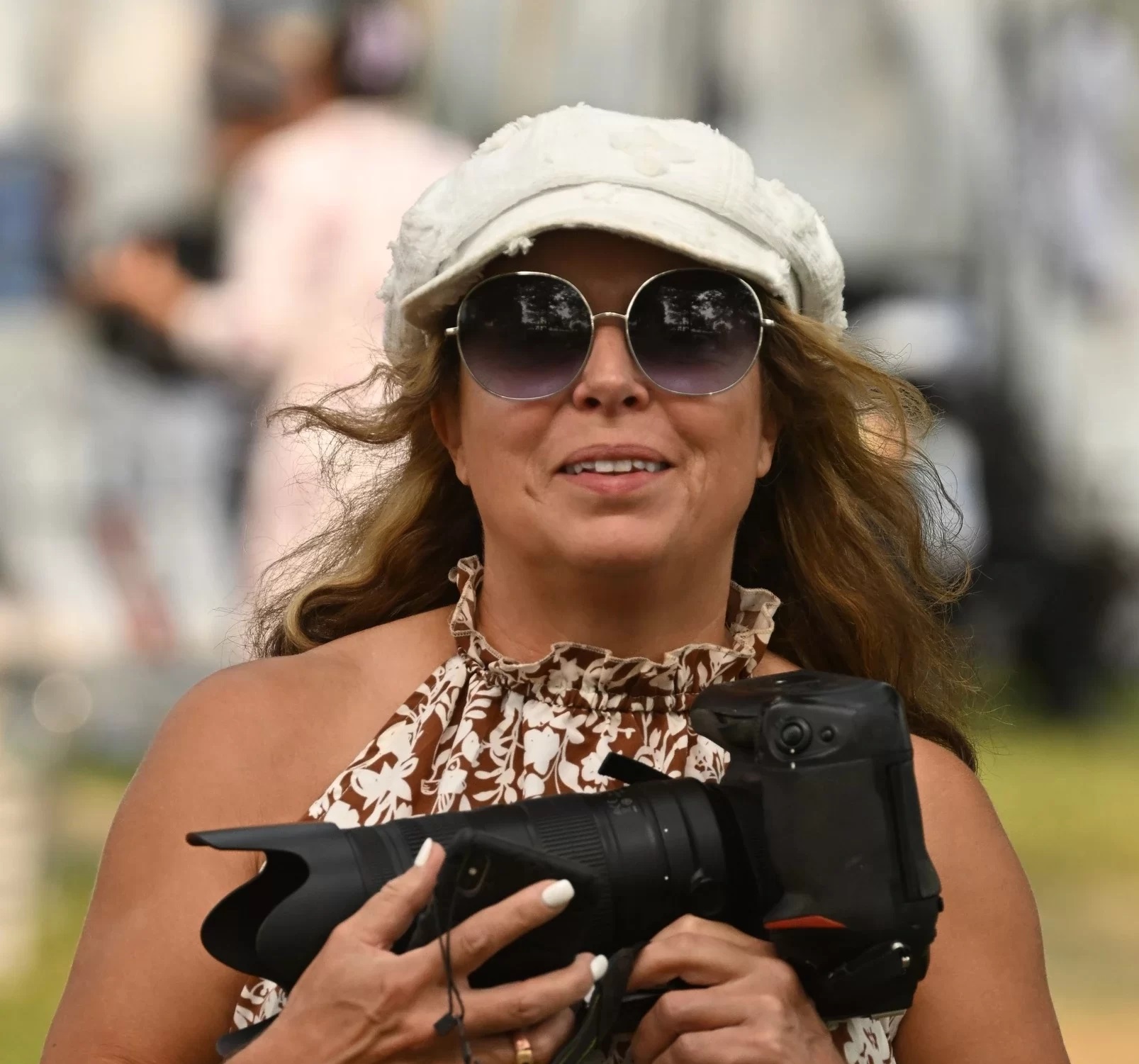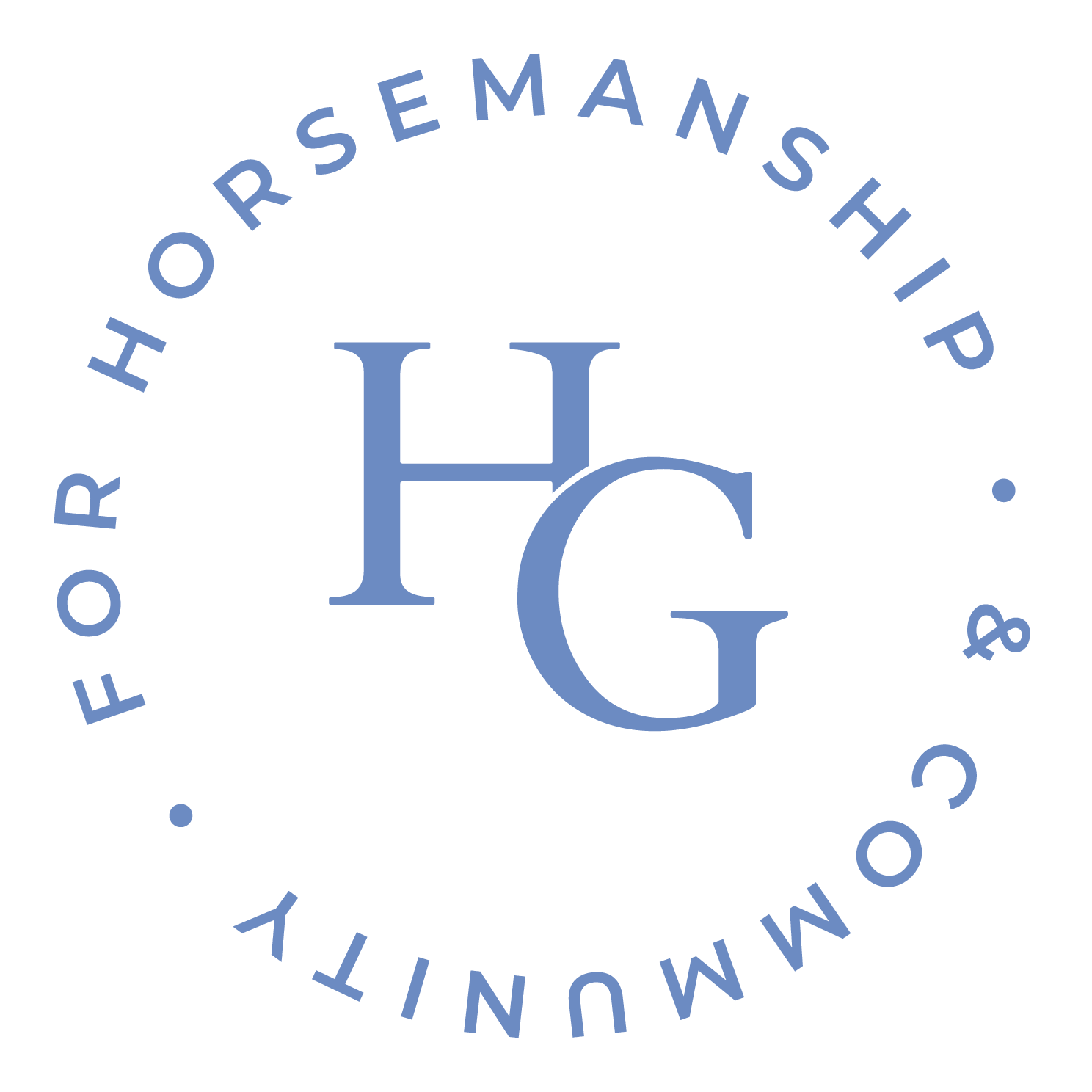Pancho Lopez built a grooming career that has spanned over six decades, and his reputation is on a legendary scale in the show world, leading to his induction into the Show Jumping Hall of Fame.
Lopez was just 16, when he arrived to the U.S. from his home in Mascota, Jalisco, Mexico. At a show in Del Mar, California, he saw horses like he had never seen before. “In Mexican villages we had horses,” he said. “But this was a whole different world.”
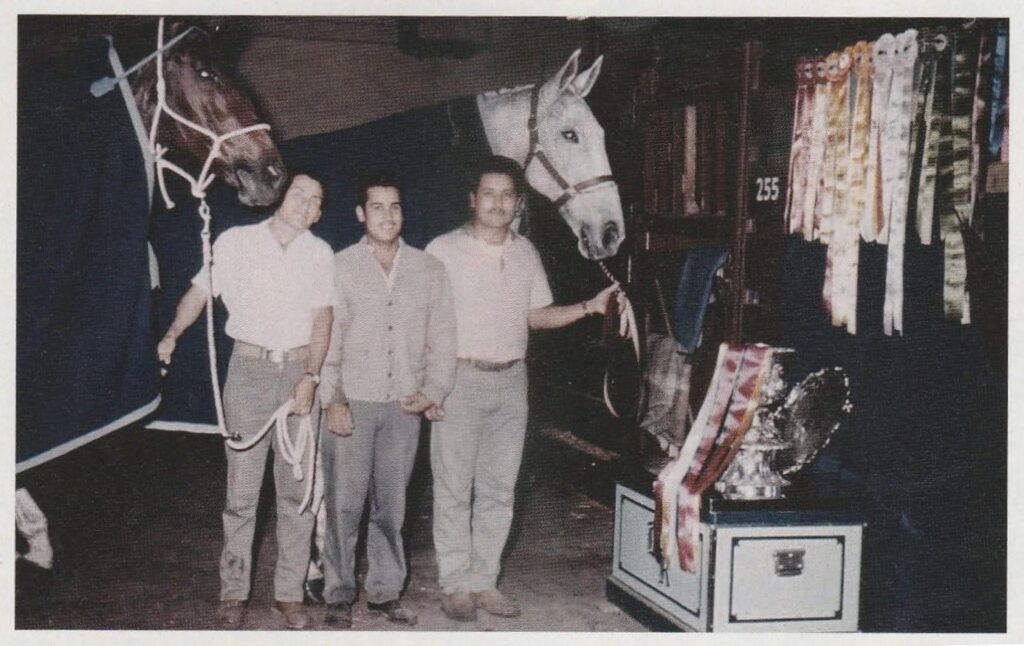
Thanks to some of his relatives working at the show, Lopez got his start in the world of grooming – hot walking horses, a role he had for a few weeks. His skillset progressed as he studied what other grooms were doing and started on a learning curve and journey that has defined his life and left a legacy of exceptional grooms that he has trained during the course of it.
Importance of Passing On What You Have Learned
One of those grooms is Remi Padilla, who has groomed United States Equestrian Team horses at the 2004 Athens Olympics, as well as winners at Aachen, Hickstead, The American Invitational and other top venues.
“Pancho taught me how to look after horses,” Padilla said. “He also showed me how to pay attention to and respect the clients. Pancho is very much old school, and not many people know how to work that way.”
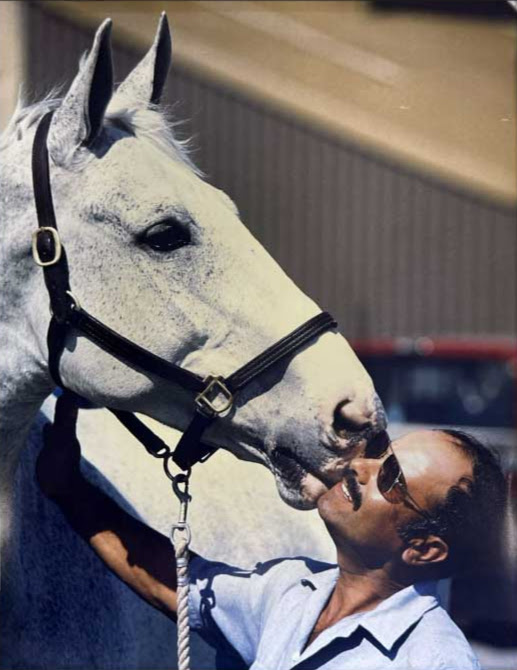
When Lopez started out, horse shows were nothing like they are today. They had a mix of disciplines, he recalls, and he loved to watch the driving classes, staying at the showgrounds late at night to spectate. “Back then, we used to go to shows averaging 300 horses, maybe in a facility like this one here today,” he said, referring to Wellington International showgrounds. “It wasn’t this big, of course. The biggest show that I went to in those 10 years had to have maybe four or five hundred horses.”
During that decade, Lopez took it upon himself to learn – and to this day, he will explain that the ability to listen and learn are essential to the path of becoming a top groom or barn manager. “I didn’t do everything by myself when I was studying for those 10 years,” he said. “I had a mentor with me, someone who told me how to do things.” That man was Ramon Castellón, whose family had worked with Lopez’s for generations in Mexico. “He really took time to teach me,” Lopez recalled.
Expanding The Skillset
Lopez continued to broaden his skillset. He began shipping horses. “I like to drive, so I started transporting horses around for the people that I was working for,” he said.
As he learned more, he was given greater responsibility for running a barn, and it was not long before he turned from pupil to teacher.
“Having people working with me, we’re all kind of learning together, and I kept learning,” he said. “And I started to teach the new people that started working with me because they didn’t know anything. You have to pass that learning on so the person working with you keeps doing things the same way. If I’m not there, I want the person to do the same thing as if I were there.”
The Move From West To East
Initially working in hunter/jumper shows on the West Coast, Lopez eventually advanced to the East Coast, where he managed operations for high-profile trainers and Olympians like George Morris and later Katie Monahan-Prudent.
George Morris hired Lopez in a management position at Hunterdon in 1975. It was one of the biggest horse training and showing operations on the East Coast at that time and once again, Lopez had to adapt. “To do something like that, you have to be prepared in a lot of ways so that you can deal with a lot of different people,” he said. By that he meant trainers, 10-15 grooms, junior riders, amateur riders and more.
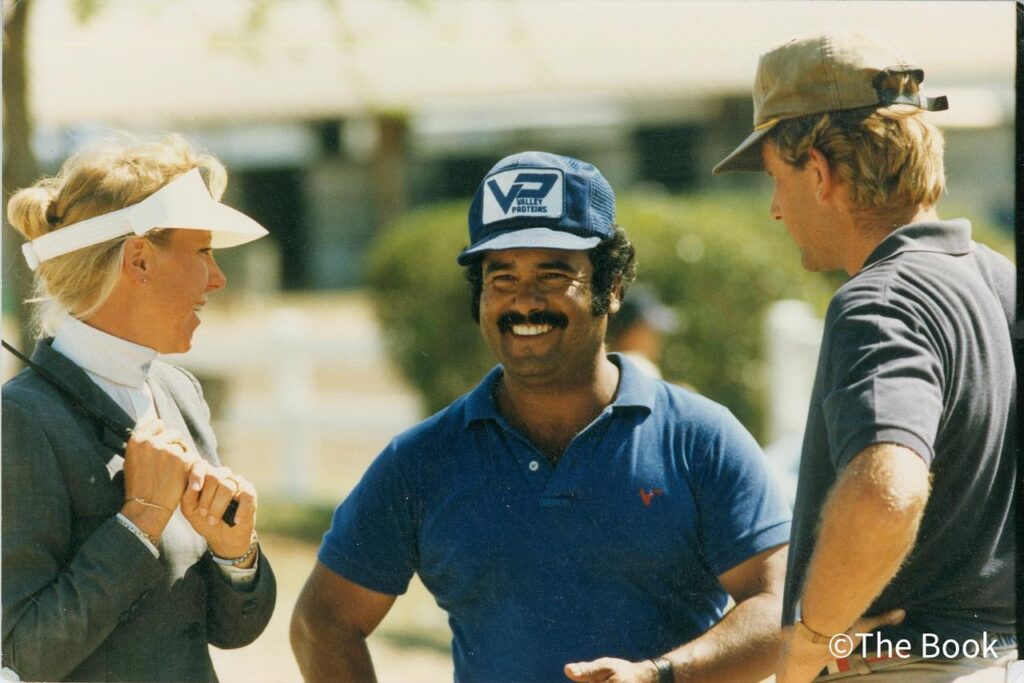
“I had to learn to balance the whole thing,” he said. “I wasn’t at every ring or at every horse show because it was impossible. But I was doing the main thing. I was taking care of the horses, making sure that they were ready to show.” He trained those working for him up to a level that they could take over his job. From Hunterdon, he moved to work for Monahan-Prudent at her Plain Bay Farm, a position he held for 17 years.
The job move meant Lopez started to travel to Europe. Sometimes he would also stay home. “I always had good grooms,” he said. “And if they weren’t good when they started, they got good. If you don’t know anything about grooming, and you feel like you want to learn, you just pay attention and go along and try to pick everything you can out of somebody’s brain.”
Consistency Is Key
Lopez believes in pursuing routine and consistency with his horses. “Making sure they are fed, exercised and groomed every day at the same time keeps them mentally and physically balanced,” he said.
Lopez also believes that grooms need to be tightly in tune with the horses they are caring for, so that even the smallest detail is not missed. “You have to recognize when a horse changes its behavior, or its appetite – if it has signs of being uncomfortable or has changes in its coat. These things are important.
“Every horse is different and the groom needs to remember that, he adds. “You stick with it, too. Don’t keep trying different things. If it works – if it looks like there is some good reaction in your horse, you stick with it.”
Technology has advanced considerably over the course of Lopez’s career. But, at the end of day, despite advances in technology, equipment, veterinary care and products, “There is nothing more important than a well-trained groom with years of experience. They can often diagnose an issue before a vet can, just by recognizing very small changes in a horse’s behavior,” Lopez said.
Pursuing A Long-Term Career In Grooming
Lopez has not had many postings in his 60 years – just four. He does not believe in changing the guard too often. For him, it is important to stay in a position long enough that you can develop relationships with the horses and clients –- and learn on the job so you can progress from a stable hand, to a stable manager.
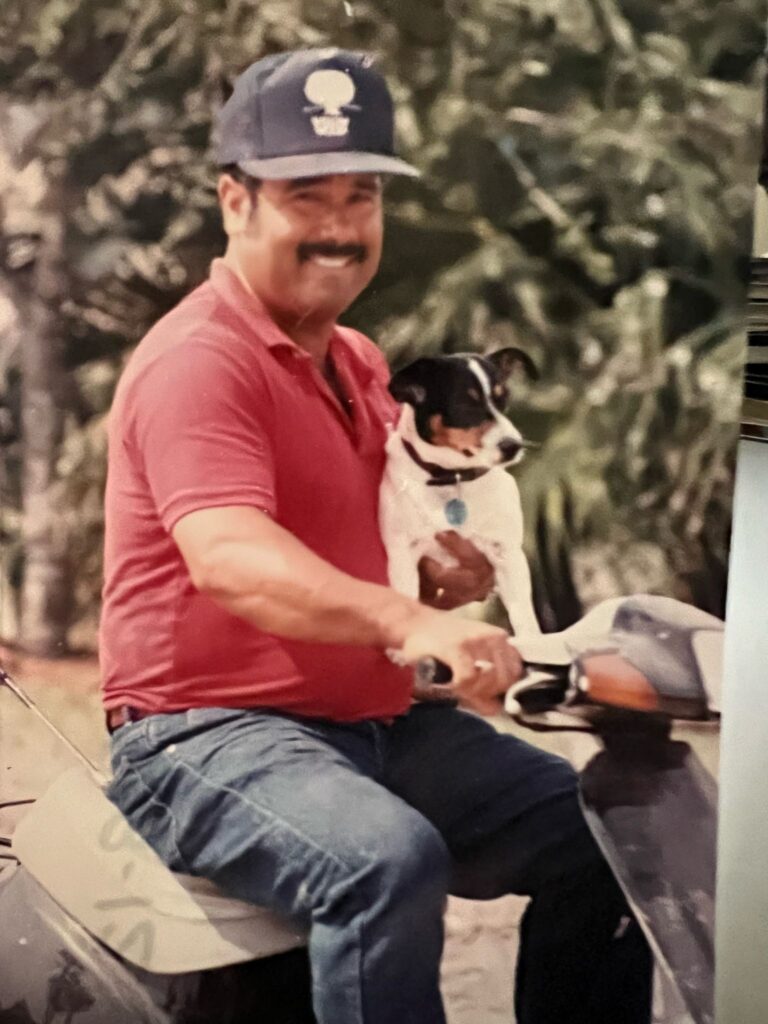
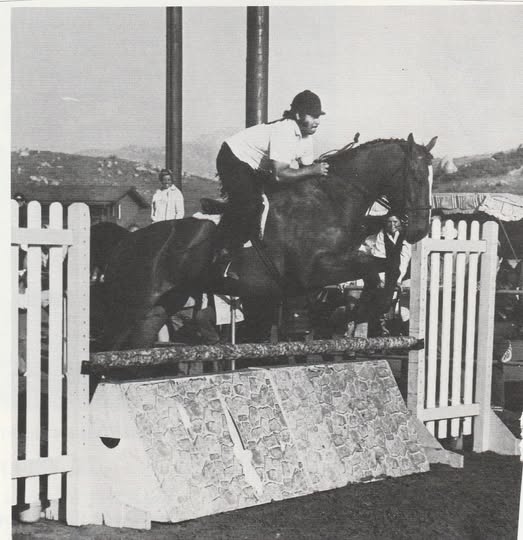
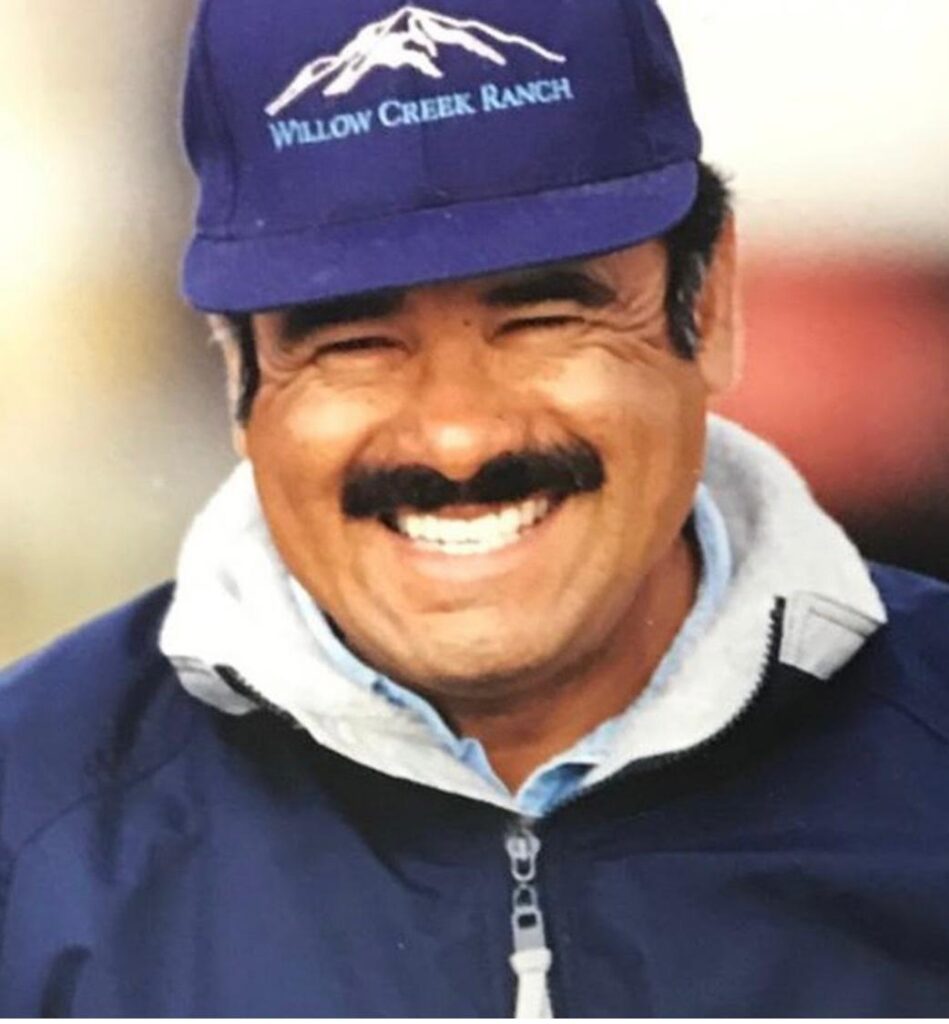
Lopez embodies commitment. “If you’re not getting it right today, it might be right tomorrow,” he said. “Keep trying to make it better. If you do something good today, you can make it better tomorrow, and then when you’re happy with it, just go with it.”
“A lot of people these days have a lot of jobs,” Lopez observes. “They think that the grass is greener on the other side, but it’s not always like that. If you stay in one place long enough, you’ll make it work.”
More Or Less Pressure On Grooms Today
For Lopez, even though the shows are busier and the classes longer, he believes there is less pressure on grooms today than when he was breaking into the sport. “At times, all those many years ago, I was taking care of six to 10 horses. Now grooms will take care of three, maybe four horses – sometimes two horses, depending on the barn – because if you have a bunch of nice horses you want to give them the best care you can,” he said.
“I don’t think it’s more pressure on the grooms, if anything it’s less pressure. I see grooms with fewer horses today. They take their time. They do their thing. They do it right. Back in the day, the only reason we didn’t do things right, maybe at times, was because we had too many horses.”
Lopez Celebrates A Legacy Of Mentoring and Grooming Excellence
Lopez’s enduring passion has been to teach others. Many of those he has helped have progressed from knowing little to knowing enough to run a big barn. Some of their children have even followed in their footsteps. “I’m very proud to see some of the people that worked with me all those years. I had a whole family at one time for years – four brothers, a sister and a father all working at the farm.
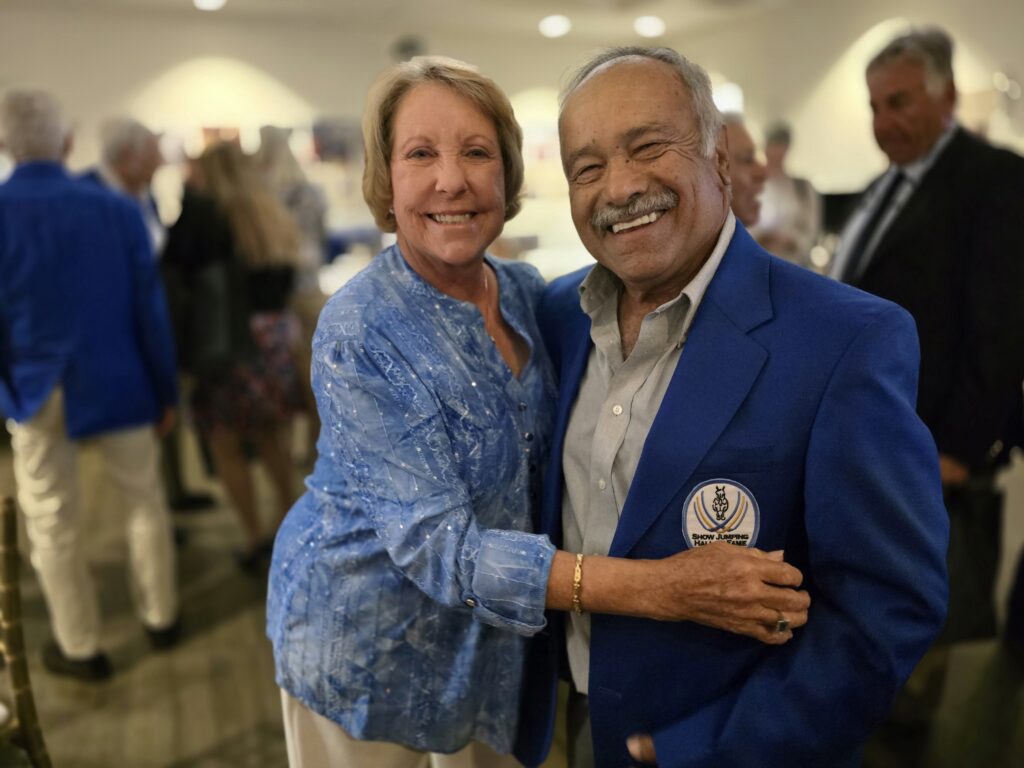
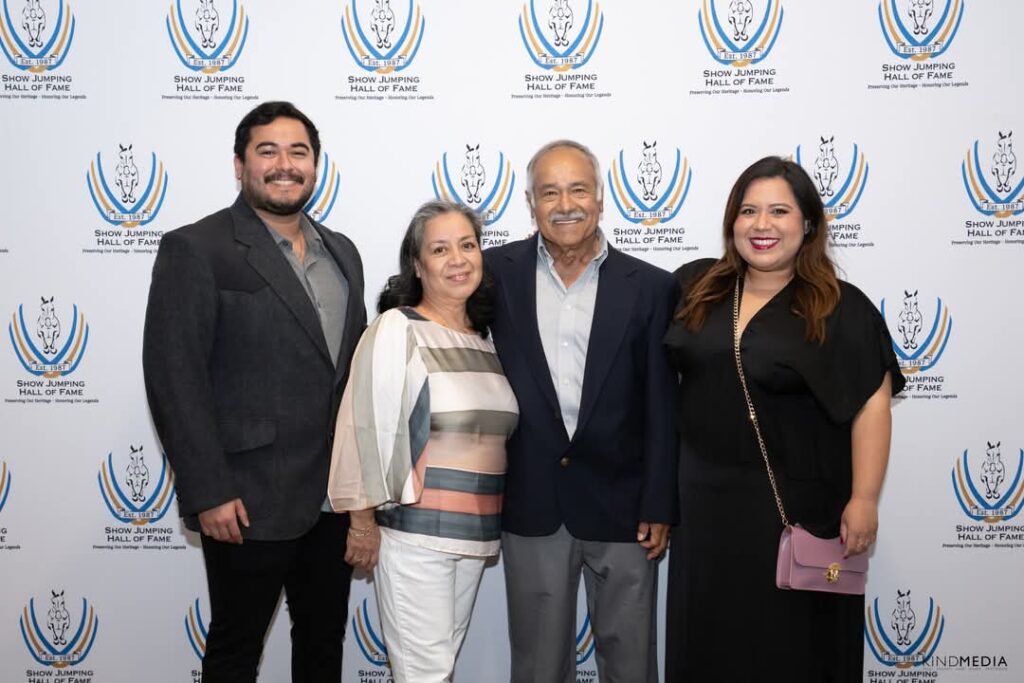
“Richard ‘Ricardo’ Padilla started with me at 15,” he adds. “He spent a little time with me, left and then came back to stay longer the second time. When I thought he was ready to do something else, I started to look around and sure enough he found himself with a really good position. He’s just worked his way to where he’s at today. [Manager of the Global Champions League New York Empire Team] Richard’s an intelligent and nice person. If I had 10 of him around, I’d be very happy. There are a lot more people that worked with me and have good positions today. And that makes me really happy.”

